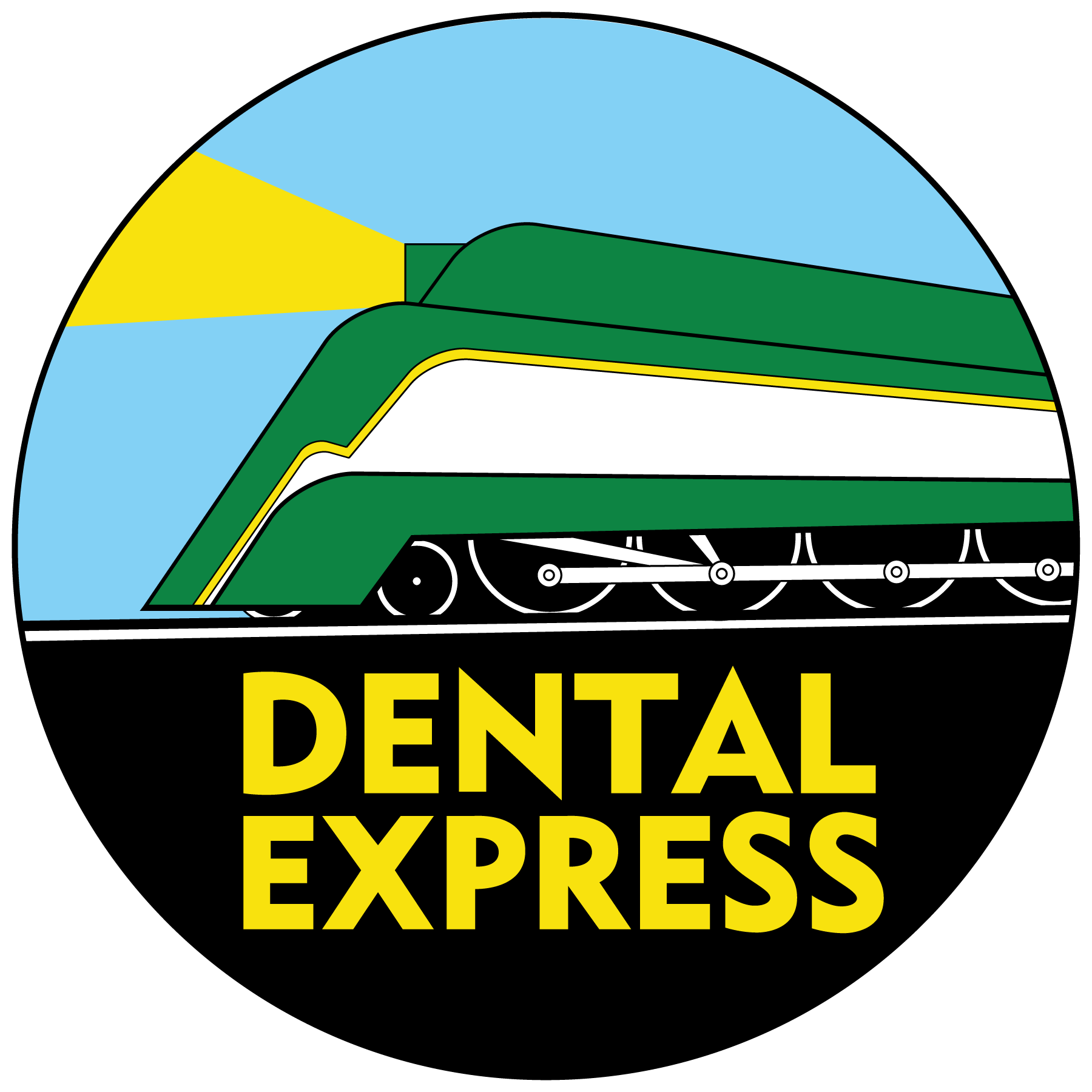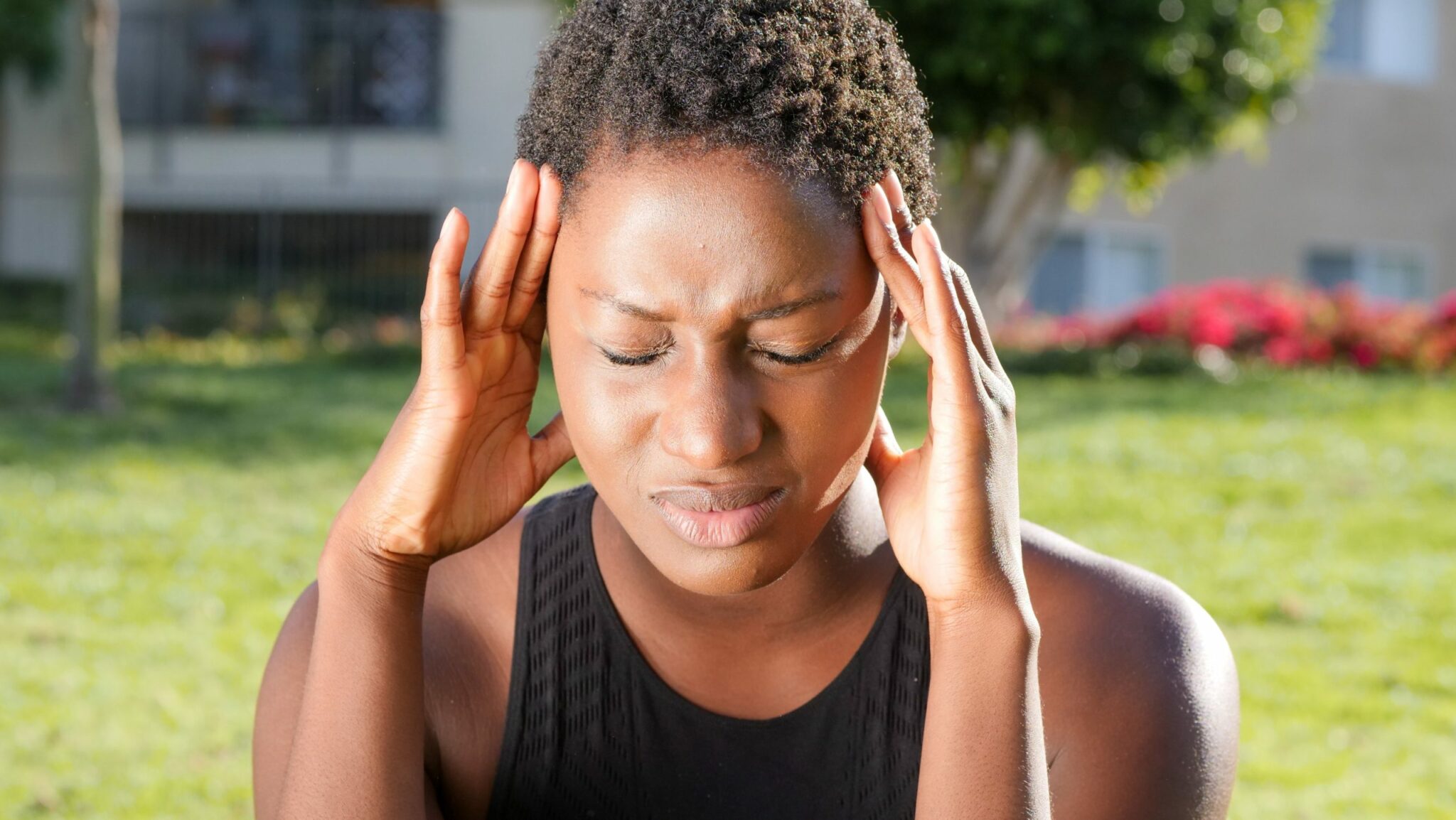TMD is a common dental health condition that affects the jaw. Learn the signs, symptoms, treatment options, and all the essential facts below
The human body is a medical marvel.
The heart, lungs, nervous system, joints, the muscles that move them, and so much more all work in harmony to ensure a properly functioning body.
Today, we’ll be focusing on one of the many joints that keep us moving and grooving throughout our daily lives…
Perhaps one of the most important of which is the temporomandibular joint (TMJ) that connects your jawbone to your skull. This crucial joint is responsible for helping us chew our food and communicate with others.
However, years of biting, chewing our food, and clenching can potentially lead to TMJ dysfunction.
The situation can be worst and causes jaw pain because of grinding of teeth, and toothache.
Moreover, if you have any gum disease, it may also lead to this disease.
If you find that your jaw clicks, pops, or hurts when opening or closing your mouth, you won’t want to miss this article. Below, you’ll find everything you need to know about the causes, symptoms, and treatment options for this dental health condition.
So, let’s jump in!
What is the Temporomandibular Joint?
As we covered above, the TMJ allows your mouth to open and close so you can talk, sing, shout, eat, drink, and more!
Like the shoulder, the TMJ is a ball-and-socket joint, allowing for a wider range of motion than joints like the elbow or knee.
The lower mandible or jawbone connects to both sides of your skull right in front of your ears, and a complex network of ligaments and muscles work together to open and close your mouth.
The jaw acts as a hinge, with cartilage surrounding the joint and a “small shock-absorbing disk” connecting the bones to ensure comfortable movement.
However, as with most complex systems, if one small piece has an issue, it can affect all the others.
What Causes Temporomandibular Joint Disorder (TMD)?
Referring to research by the Journal of the American Family Physician, we can discover some interesting facts about TMD:
- Population-based studies show that TMD affects anywhere from 10 to 15% of Americans.
- Of that 10 to 15%, only 5% end up seeking treatment.
- TMD is most common between the ages of twenty and forty years old.
- TMD affects twice as many women as it does men.
But what causes this common condition?
According to the Academy of General Dentistry (AGD), the cause of TMD is often difficult to pinpoint.
Of course, incidences of trauma to the face or directly to the jawbone can lead to this condition. Genetics and arthritis could also play a role.
But outside of these factors, the consensus among the scientific community is that overuse of the TMJ muscles leads to TMD. Excessive wear and tear can cause the disk to deteriorate, slip out of alignment, or weaken the cartilage that insulates the joint.
Whether it’s from chronic grinding or clenching due to stress, bruxism, or too much chewing, TMJ overuse can cause a list of symptoms that may make it hard to chew, open and close your mouth, or even speak.
What Are the Signs and Symptoms?
The symptoms of TMD can range from mild to severe.
Some may only notice clicking and popping sounds when they open or close their mouths, while others may experience chronic pain and difficulty using their jaw.
Below is a full list of the signs and symptoms that can come with TMD, courtesy of the AGD:
- Popping and clicking sounds whenever you eat, yawn, speak, etc.
- Difficulty opening or closing your mouth
- Stiff or locked jaw when opening or closing your mouth
- Jaw pain when chewing, biting, or yawning
- Jaw pain and soreness that’s more pronounced in the morning or late afternoon
- Chronic headaches, toothaches, neck aches, or earaches without an infection
- Chronic facial pain or fatigue in your facial muscles
- When you eat or speak, you often hear a cracking sound, referred to as jaw popping and pain and is considered the most common symptom of TMJ
- Painful jaw popping is another symptom of temporomandibular joint disorder.
- In this disease, you often clench your teeth in stress and trauma.
If you find yourself experiencing any of the above issues, make an appointment with your San Diego dentist as soon as possible.
Although it may be challenging to identify the exact cause of your TMD, your dentist will be able to diagnose it and prescribe the proper treatment for your smile.
What Are the Best Treatment Options for Temporomandibular Dysfunction?
The treatment options your dentist recommends will vary based on the severity of the symptoms you’re dealing with.
Most often, TMD cases can be managed with a healthy amount of rest and over-the-counter pain relievers.
As far as rest is concerned, try these helpful tips to minimize your symptoms:
- If you like to chew gum, try cutting back your usage to give your jaw muscles a break.
- Avoid eating hard or crunchy foods that take a lot of effort to chew.
- Try to limit extreme jaw movements. For example, yelling, yawning, belting out your favorite songs at karaoke, etc.
Meditation, yoga, and other mindfulness exercises can be a great help as well, encouraging relaxation of the mind and body — including tense TMJ muscles.
For more severe cases of TMD, your dentist may recommend hot and cold therapy, a nightguard if you struggle with bruxism, prescription medication, or if you have an uneven bite, dental treatment to correct it.
Will TMD Go Away?
Many people with TMD often wonder if they’ll have to deal with their TMD forever. But usually, symptoms will subside naturally with plenty of rest, some help from over-the-counter pain relievers, and attention from your San Diego dentist.
When it comes to treating TMD, the National Institute of Dental and Craniofacial Research states:
“Because the most common jaw joint and muscle problems are temporary and do not get worse, simple treatment may be all that is necessary to relieve discomfort. Short term use of over-the-counter pain medicines or nonsteroidal anti-inflammatory drugs (NSAIDs), such as ibuprofen; the use of a stabilization splint, or bite guard, that fits over upper or lower teeth may provide relief.”
They go on to say that while there are corrective surgeries for TMD, they’re irreversible, and there are no clinical trials to back up their effectiveness, so they should be avoided wherever possible.
Regardless of their severity, you should seek dental care right away if you notice any signs of TMD. Like all dental health conditions, TMD can worsen over time and become a nagging issue if left untreated.
There for You When it Matters Most
Oral health conditions like TMD can be restricting, but your dental care shouldn’t be.
The last thing you want for you or a loved one is to develop symptoms and have no way of seeking treatment.
That’s why Dental Express operates six days a week and provides emergency dental care at each of our six locations in the San Diego area — with a 7th coming to HIllcrest on September 20th!
If you notice popping, clicking, or pain when using your jaw, chronic headaches, stiffness, or any of the symptoms listed above, Dental Express is always ready to serve you at a moment’s notice.
If you can’t wait to schedule a visit in the future, feel free to set up a same-day appointment or stop by as soon as possible for a walk-in.
What matters most to us is ensuring your smile stays healthy and pain-free. Make Dental Express your San Diego dentist today, and let’s discover your ideal smile together!
Keep Reading
How Your Dental Health Affects Your Overall Health
Sensitive Teeth: Getting to the Root of the Problem

